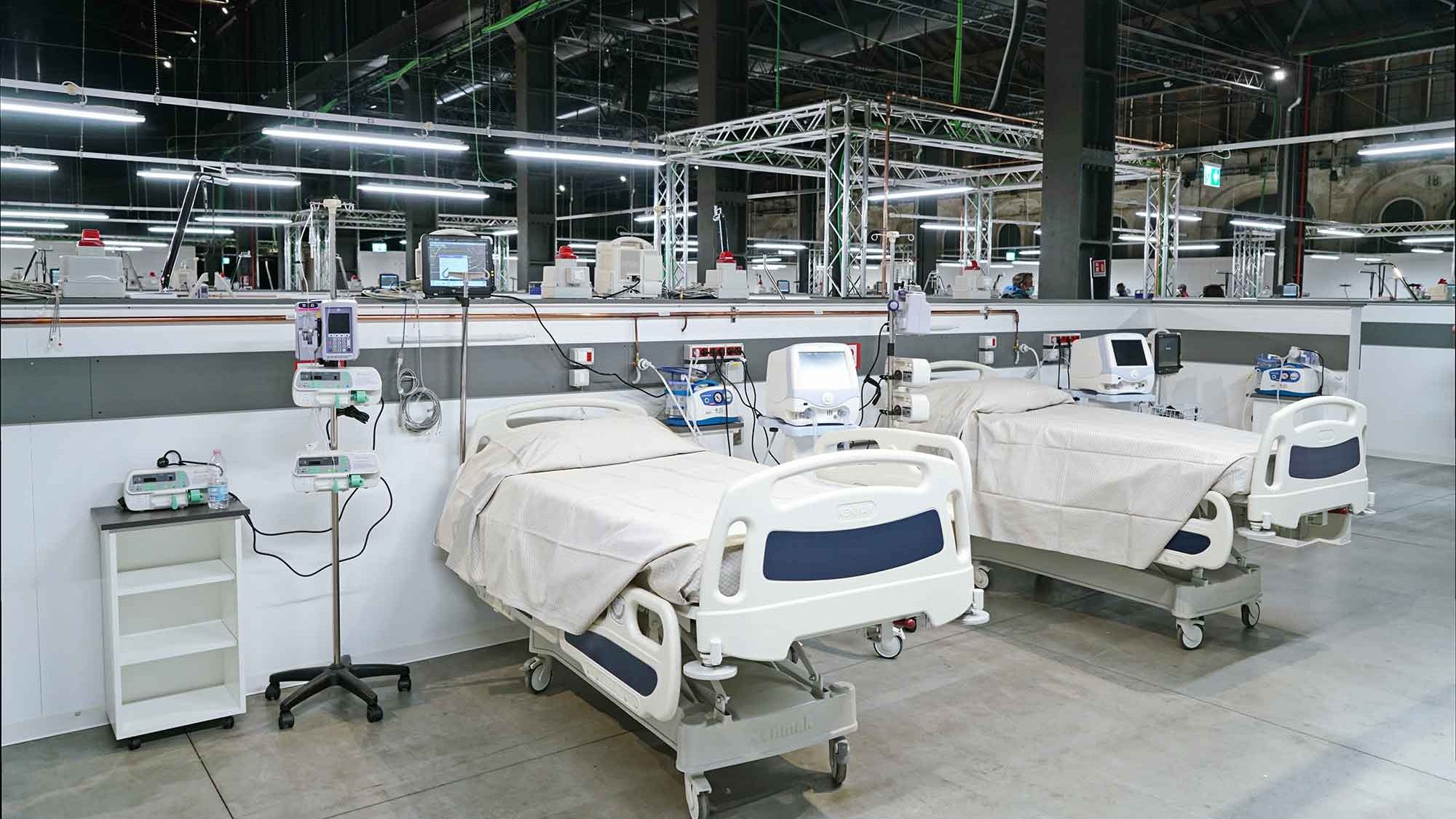 Krupali and Gabby recall their experiences when working in an intensive care ward during the COVID-19 outbreak.
Krupali and Gabby recall their experiences when working in an intensive care ward during the COVID-19 outbreak.
Little did anybody know that as foundation dentists only midway through our training year, we would find ourselves in the intensive care unit (ICU) of a major London hospital.
The pandemic
As the COVID-19 pandemic began to escalate, dentistry faced several unprecedented challenges. The suspension of routine dentistry therefore led to radical changes of the structure of our dental foundation programme. Whilst remote triaging became standard practice and virtual learning replaced study days, it also became clear the national health service faced one of its greatest tests yet. As the urgent call for voluntary redeployment to the frontline arrived, we realised we had a responsibility to uphold.
Northwick Park Hospital, located in north-west London, was under immense pressure from this crisis. The hospital serves an incredibly large population consisting of many elderly and ethnic minority patients. A surge in the number of COVID-19 patients required the hospital to dramatically increase its ICU capacity and introduce new roles on the NHS frontline. Amongst these new roles was the formation of a proning team.
What is proning?
Proning involves the intermittent turning of a suitable patient from a supine position to the prone position. This is carried out to help increase the oxygenation in those suffering from acute respiratory distress syndrome. This is a key feature in some COVID-19 patients.
Proning has the potential to have a significant impact on a patient’s recovery, however, it does not come without risks. Potential complications include endotracheal tube displacement, loss of intravenous line access and airway obstruction (Henderson et al, 2014).
It is therefore essential to utilise meticulous teamwork and effective communication to ensure the safest outcome for the patient.
The first shift
Our first shift in ICU was daunting. Donning enhanced personal protective equipment (PPE) was more complex than we initially thought. With hearts racing and palms sweaty, it felt like there were 101 steps to put on the PPE correctly!
After weeks of seeing ICU through the eyes of the media only, it was therefore surreal to step inside one. Walking into the ICU was overwhelming to say the least. It was hot, hard to hear and difficult to recognise our colleagues under all the PPE.
The unit was full of patients. Critically ill, sedated and intubated patients. Leadership and support from the experienced ICU staff overshadowed feelings of nervousness and uncertainty.
Proning was carried out in teams of at least six. We were in PPE for a couple of hours at a time, proning patients that were either scheduled or required an emergency prone. We were worried whether we had the physical strength to prone some patients. Soon we realised that the technique of proning was more important than our individual physical strength.
The first night shift
Our shift pattern involved working two day shifts, two days off and two night shifts. For a day shift we would work from 9am to 8pm and night shifts were from 9pm to 8am. The length of the shifts, especially at night, were a struggle. The motivation to make a difference begins to fade and drowsiness kicks in at around 3am. Still we kept going strong, fuelled by team spirit and a few snacks here and there.
A typical shift started with cautious travel from the hotel to the hospital, immediately changing into scrubs on our arrival. Team briefs involve discussions over the current patient requirements for that specific shift, subject to change at any given time. This differed immensely from the more predictable nature we had experienced in a dental environment, further reinforcing the constant need to be alert.
The importance of reflection
Working in a fast-paced environment during such unprecedented times, it is important to value the lessons we learn. This period of isolation and social distancing has posed one of the greatest challenges for the mental wellbeing of individuals throughout the country.
It could have been easy to lose morale, given the uncontrollable fatalities. But seeing even the slightest improvements in a patient reaffirmed our purpose of redeployment. These recoveries alongside the perseverance of healthcare workers drives the exceptional care given to patients.
With the distressing situations encountered on the frontline, supporting colleagues is therefore vital. Especially at a time where we find ourselves at a distance from loved ones. Sharing management strategies within the team is an important tool for coping. It has nurtured our resilience, motivation and compassion.
It has been nothing short of impressive to see our fellow dental colleagues demonstrating an unwavering sense of duty and responsibility in the midst of a global health crisis. As this pandemic unfolds, we also hope more dentists will feel empowered to play a vital role in the redeployment response.
We would like to thank all the staff at Northwick Park Hospital in particular Robert Reichert and Vinay Raniga for their continuous support. We would also like to thank the staff at London Kent Surrey and Sussex Health Education England team. Particularly Sana Movahedi for supporting and helping implement our redeployment.
Reference
Henderson W, Griesdale D, Dominelli P and Ronco J (2014) Does prone positioning improve oxygenation and reduce mortality in patients with acute respiratory distress syndrome? Can Respir 21(4): 213–5
Gabby Jeyatheswaran is a foundation dentist on the south central London scheme.
Krupali Mukeshkumar is a foundation dentist on the London pilot scheme.


